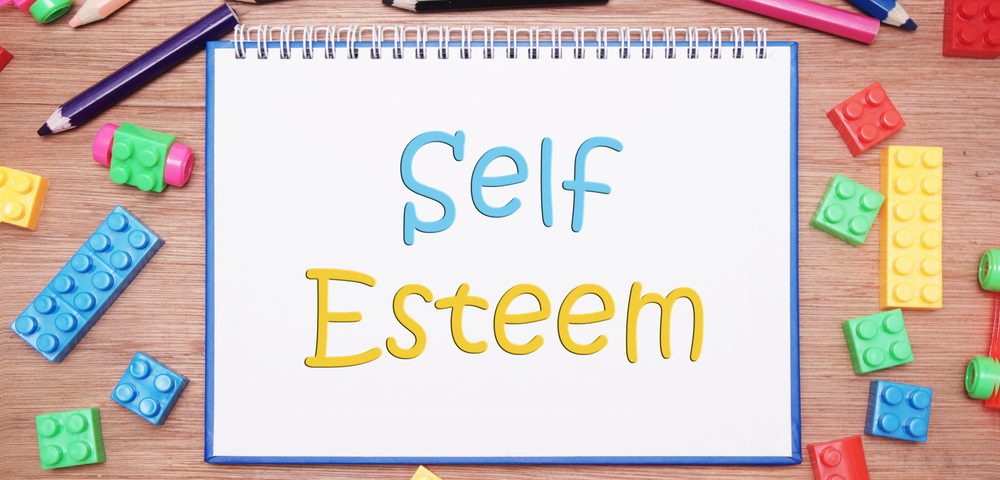
Warning Signs of Unhealthy Teen Relationships
February 12, 2024
Technology and Teens
February 16, 2024Building self-esteem in young children is essential for their emotional well-being and overall development.
Here are some strategies that parents, caregivers, and educators can employ to help foster a positive sense of self-esteem in young children:
- Unconditional Love and Support:
- Provide a secure and loving environment where children feel accepted and valued for who they are.
- Offer praise and encouragement for effort and accomplishments, emphasizing that your love is constant and not solely based on achievements.
- Encourage Independence:
- Allow children to take on age-appropriate responsibilities and tasks. This fosters a sense of competence and independence.
- Celebrate their achievements, no matter how small, to build their confidence in their abilities.
- Positive Reinforcement:
- Use positive reinforcement to acknowledge and reward positive behavior.
- Focus on the specific behavior rather than making global statements about the child. For example, say, “You did a great job cleaning up your toys” rather than “You are a good kid.”
- Set Realistic Expectations:
- Establish achievable goals and expectations that match the child’s developmental stage.
- Break down larger tasks into smaller, more manageable steps, allowing them to experience success along the way.
- Teach Problem-Solving Skills:
- Help children develop problem-solving skills by encouraging them to find solutions to simple challenges.
- Offer guidance rather than solving problems for them, allowing them to build a sense of competence and autonomy.
- Promote Positive Self-Talk:
- Teach children to use positive affirmations and self-encouragement.
- Help them reframe negative thoughts into more positive and constructive ones.
- Encourage Exploration and Curiosity:
- Provide opportunities for children to explore various activities and interests.
- Encourage curiosity and experimentation, allowing them to discover their passions and strengths.
- Celebrate Differences:
- Emphasize the value of diversity and teach children to appreciate differences in themselves and others.
- Foster a culture of acceptance, emphasizing that everyone is unique and special in their own way.
- Promote Social Skills:
- Help children develop positive social skills by facilitating interactions with peers.
- Teach them how to communicate effectively, share, and collaborate, fostering positive social connections.
- Model Healthy Self-Esteem:
- Children often model their behavior based on the adults around them. Demonstrate healthy self-esteem by maintaining a positive attitude and treating yourself and others with respect.
- Provide Opportunities for Mastery:
- Support children in activities where they can experience success and mastery.
- Whether it’s learning a new skill, solving a puzzle, or completing a task, success contributes to a positive self-image.
Remember that building self-esteem is an ongoing process, and it’s important to be patient and consistent in your efforts. By creating a nurturing and positive environment, you can help young children develop a strong foundation for a healthy sense of self-esteem.
Grab the Self Esteem Issue of MASK The Magazine and learn how to help your child navigate the waves.
MASK The Magazine is the parenting manual offering solutions to the modern-day challenges families face. Each quarterly issue of the award-winning MASK The Magazine tackles a specific topic in-depth and examines how it can affect kids from Pre-kindergarten to College.
MASK the Magazine content is evergreen as it is written based on the “core” topics and strategies. Ships only in the United States.
To learn more about MASK The Magazine



